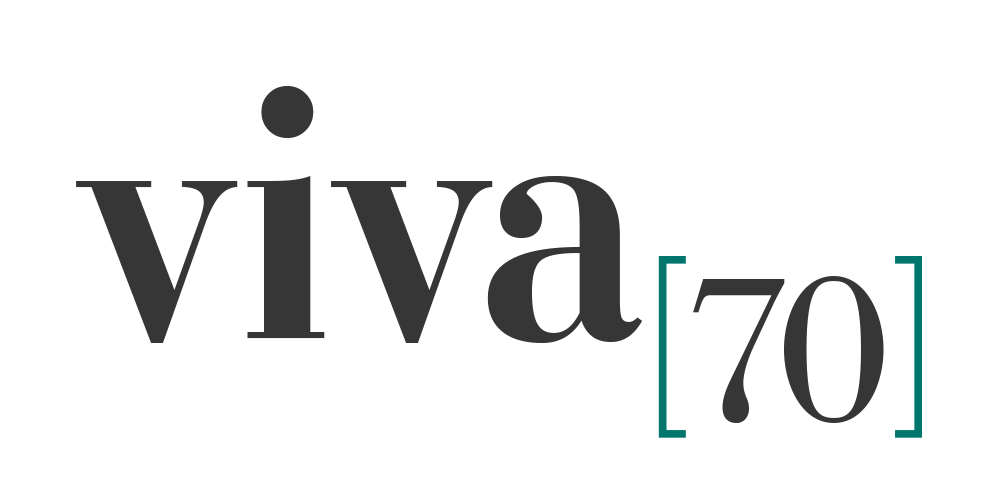
It’s St Patrick’s Day! And while social distancing, corona virus and hand washing are front of mind we hope that in the confines of your home you’ll play some fine Irish music, have a Guinness or wine and pay homage to this Irish saint on 17th March. Clover is said to be lucky and symbolic in Irish folk lore. This week Julia Richards, our wellness writer looks at the red version and the benefits of using red clover…sorry readers put on your rose coloured glasses for the feature photo…I could only find green clover! A terrific article though ………
Red clover (Trifolium pratense) is a flowering herb with medicinal uses and some interesting connections to St Patrick’s Day. Historically, the three leaves on the plant were associated with the Christian Holy Trinity. Then in the Middle Ages, it was used as a protective charm against witches. Like the four leaf clover, a red four leaf clover is considered lucky. Some believe the red leaf clover is the actual true shamrock planted by St. Patrick in Ireland. Regardless of the folk lore, red clover can be beneficial for many conditions.
The main active chemicals in red clover responsible for its beneficial actions are: isoflavones (act like a bioidentical estrogen hormone) and salicylic acid (softens the skin and sloughs away dead skins cells on the top of the skin).
Cardiovascular health
Studies on menopausal women show that the isoflavones in Red clover reduce arterial stiffness, thin the blood and reduce the possibility of blood clots and arterial plaques. They also work to increase good HDL cholesterol in pre and postmenopausal women.
Menopausal benefits
The estrogen- like effects of the isoflavones in Red clover makes it a useful herb for managing menopausal symptoms. It can help reduce: anxiety and depression; hot flushes; inflammation; and triglycerides (fat).
Bone health
The isoflavones in red clover are thought to help decrease the risk of women developing osteoporosis later in life.
Skin health
The salicylic acid in red clover helps improve the skin. It is a useful herb in the treatment of eczema, psoriasis and acne.
Antimicrobial benefits
Cell-based studies have shown that the isoflavones in red clover extract stopped the growth of and killed the bacteria Clostridium sticklandii. This is why it has been traditionally used for colds, bronchitis, sore throats and whooping cough.
Anti-tumour benefits
Researchers at the National Cancer Institute have found anti-tumour properties in red clover from genistein, a specific isoflavone that prevents tumours from developing the blood supplies they need to survive, thereby killing them.
Good source of vitamins and minerals
Red clover is also a good source of calcium, chromium, magnesium, niacin, phosphorus, potassium, thiamine and Vitamin C.
Cautions
Red clover is not suitable if you are:
- Pregnant due to its estrogenic effect
- Taking blood thinners because it contains compounds that can cause blood thinning and prevent blood clot formation. It could increase the risk of bleeding.
Always seek a qualified Medical Herbalist before using herbs.
Always check how the herb interacts with any medication you are taking.

Julia Richards is a qualified Medical Herbalist and Director of Enhance One Limited, a consultancy passionate about helping individuals, groups, families, communities and organisations be the best they can be physically, mentally and emotionally. To achieve this, Julia uses a holistic approach to help you enhance yourself by drawing on her experience and studies in personal development, life coaching, aromatherapy, nutrition, herbal medicine and other wellbeing techniques. Julia helps you design a wellbeing plan that is unique to you and works in a complementary way with your doctor or any other therapist you are seeing to help you make improvements in your health. Julia offers individual consultations and group workshops.
